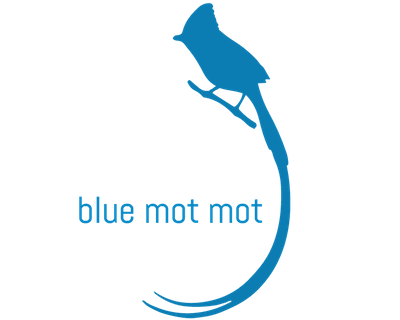It’s a pleasure to report some upbeat news: two species of seahorses have recently been confirmed as making their homes in the Thames in the UK. Starting in 2008, one or two seahorses a year would be found in the Thames, but it was unclear if they were outlier adventurers or signs of a new population. Now, however, the verdict is in: scientists have found six or seven this year, and since seahorses don’t travel very far in a year, it’s clear that they’re part of a resident population. Seahorses are very sensitive to pollution, so the news is also a welcome marker of a cleaner Thames.
All posts in Science
Well, this is disturbing. The Guardian reports that over the past 25 years, 75% of all flying insects in German nature reserves have disappeared. While it’s not certain if this finding holds true worldwide, it has caused a number of scientists to reflect, “you know, it’s been a long time since my windshield was covered in bug splatters.”
In fact, we may not even need this book anymore: That Gunk on Your Car: A Unique Guide to the Insects of North America. That’s a real shame, not only because it’s incredible that anyone wrote that book, but also because the entire ecosystem depends on insects for food and pollination.
For a lengthier discussion of the same German study (and, in my opinion, a better graphic on the insect population decrease), you may also be interested in this Science Magazine article. Who knew I would one day be getting all misty-eyed for bug splatter?
I always think it’s a bit odd when scientists discover that animals have personality — something that most people who spend time around animals can tell you right off the bat. But, I suppose what they really mean is that scientists are quantifying personality, which is a bit different.
This article discusses a new study on guppies (yes, the small and admittedly rather silly-looking fish) and how much personality they have. It’s a lot, apparently, at least in regards to risk taking. Some fish would clearly be out riding motorcycles if they could, while others wish they had been given the opposable thumbs necessary to start a knitting club. It’s neat reading about the ways in which scientists are developing personality tests for animals, even if it’s been clear for a long time that yes, your cats Chocolate and Marshmallow really are completely different in every way possible.

